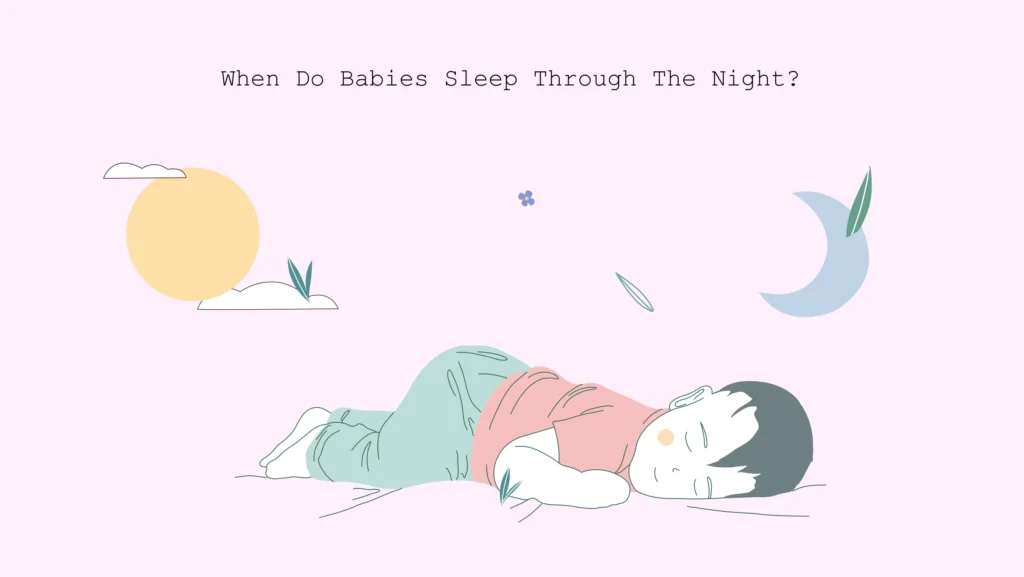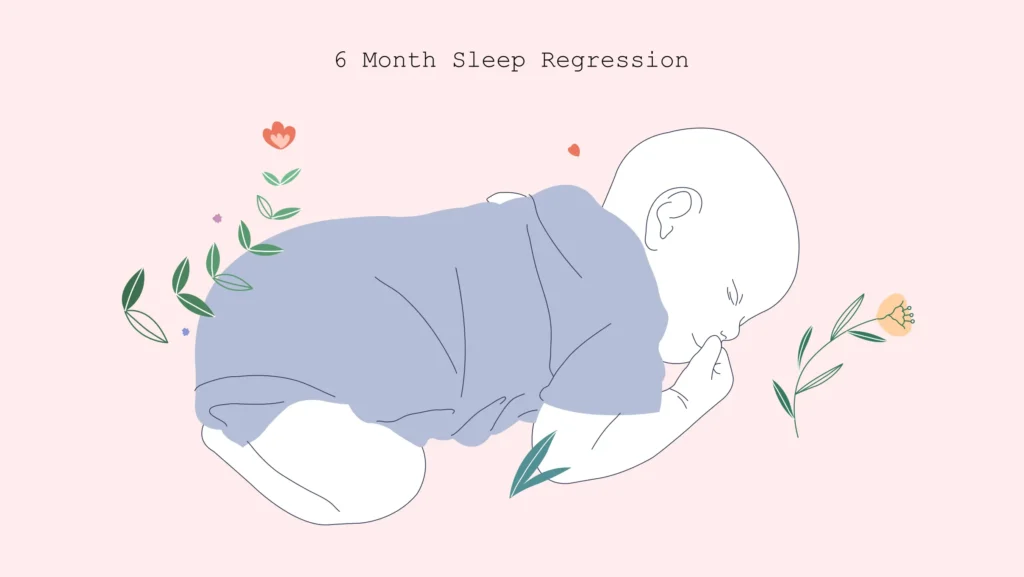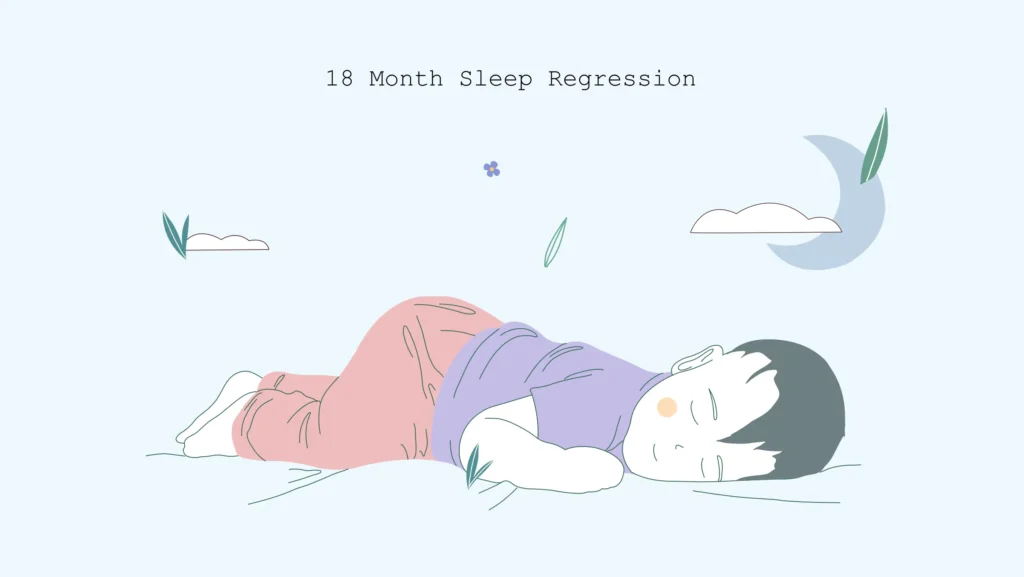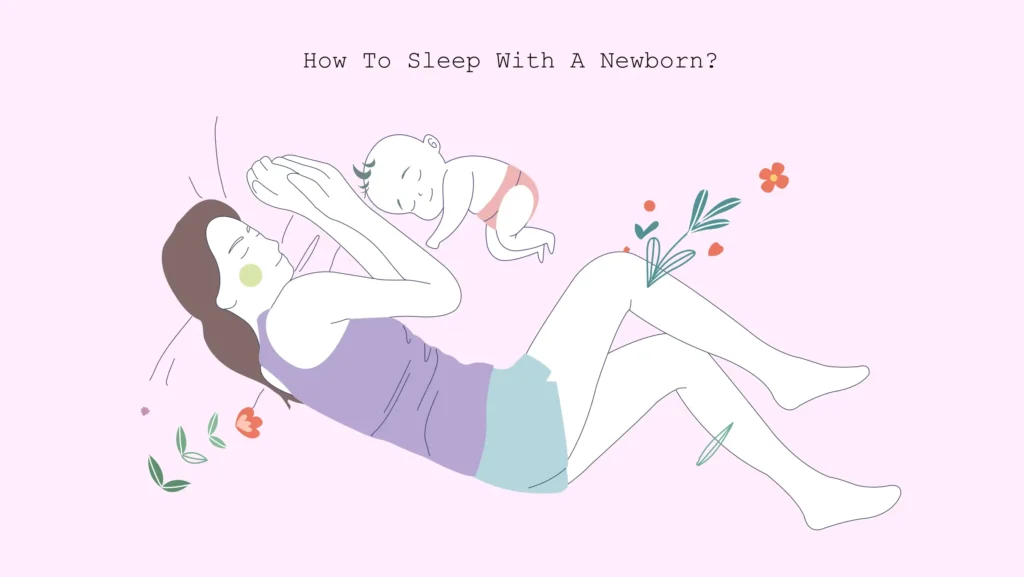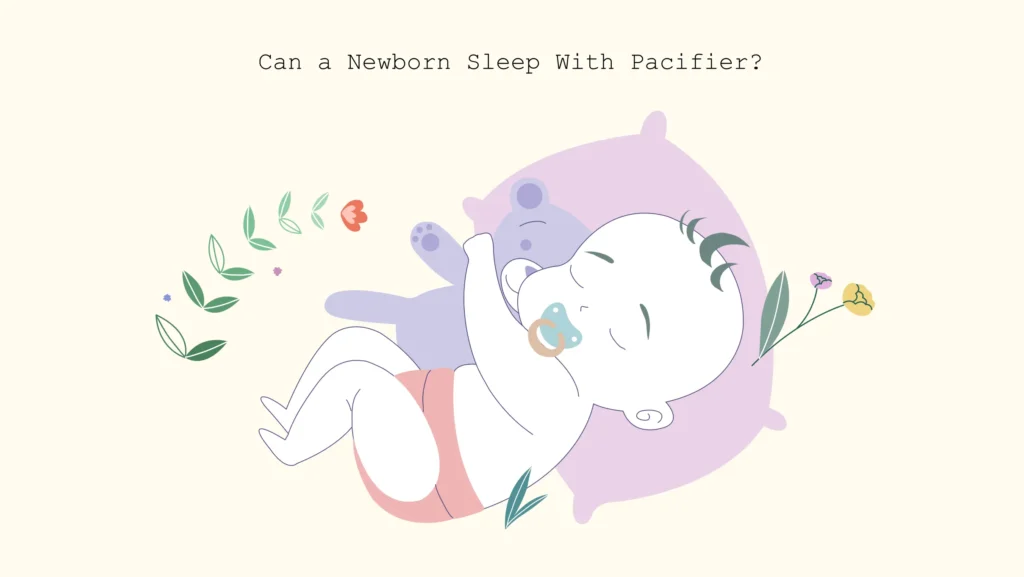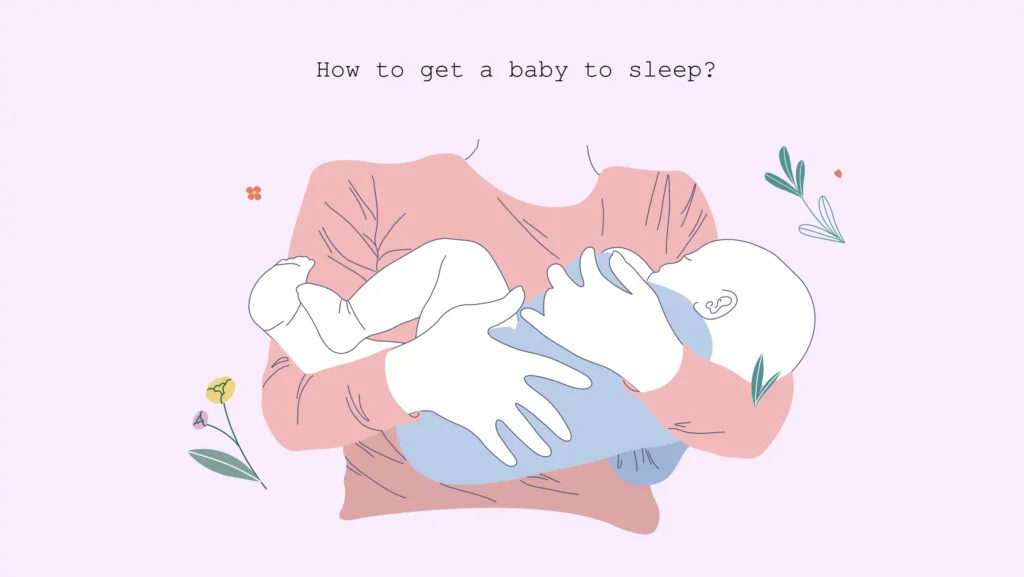Common Sleep Disorders in Children
Written by

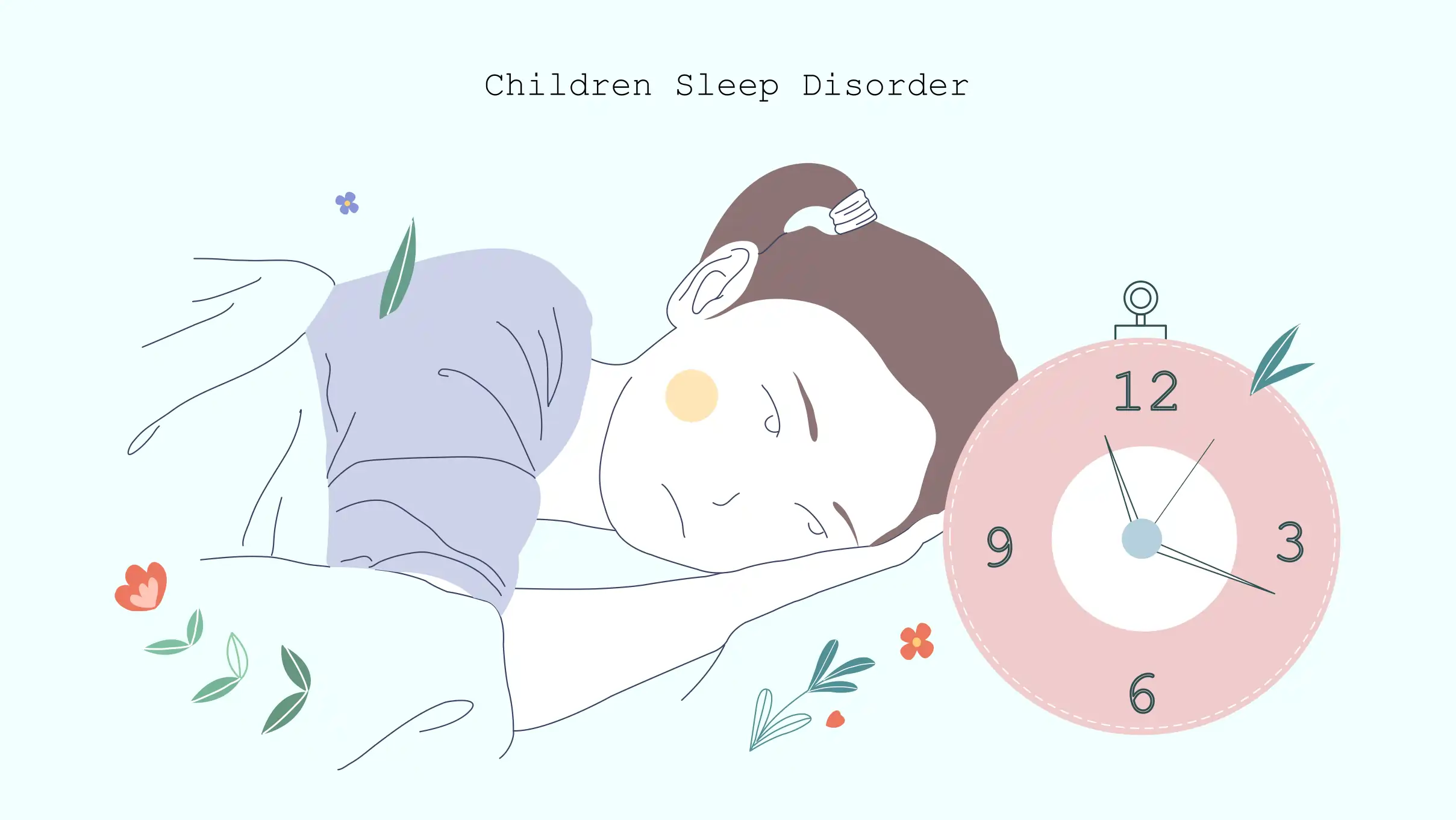
Sleep is vital for humans of all ages. We often associate sleep disorders with adults. However, even children could become a victim of it. It is believed that about 50% of children experience sleep disorders during their childhood.
Various research conducted shows that lack of sleep has detrimental effects on children. It results in poor academic performance and triggers health and mental problems, more risk-taking behaviours, anxiety, etc.
Here we try to understand various childhood sleep disorders, their causes, and how to best rectify them.
Types of Sleep Disorders in Children
Foremost, let us walk through a few of the most common childhood/wake disorders often seen in children.
1. Childhood Insomnia
It is one of the most common sleep disorders in children. Childhood Insomnia manifests as the child experiencing difficulty in falling asleep or staying asleep for a minimum of three days a week. It is considered to be of three types:
Behavioural Insomnia
Categorized as behavioural sleep disorders, it is common in children below five years of age. Here the child shows a natural resistance to sleep and hence, takes a long time to sleep. Frequent wakeups also occur.
Most children temporarily exhibit this behaviour, but it is classified as a sleep disorder when it occurs frequently, and the sleep disturbance obstructs the child’s normal functioning.
Conditioned Insomnia
This sleep disorder is more prevalent in older children and adolescents. Here, children experience bedtime anxiety and face trouble going to sleep and remaining asleep.
Transient Sleep Disturbances
It is a temporary sleep disruption triggered by changes in the child’s normal routine. Events like travel, illness, exam stress, etc., are a few common causes. Most often, it is temporary and cures by itself within a short time.
2. Delayed Sleep Phase Syndrome
Another one of the most common sleep disorders in children, delayed sleep phase syndrome, called ‘sleepy teen’ syndrome. Here the circadian rhythm, or the child’s inner biological clock, gets shifted extraordinarily.
The children remain awake even after two to four hours of their standard sleep time. Consequently, they cannot wake up in time and show all symptoms of sleep deprivation. These children would sleep till long on weekends.
3. Hypersomnia
Here, the child experiences excessive daytime sleepiness. Later, it can progress to narcolepsy, a neurological disease. Hypersomnia can also result from other childhood sleep disorders and diseases like obstructive sleep apnoea, concussion, epilepsy, etc. The root cause decides the most appropriate treatment for the disease.
Childhood insomnia adversely impacts the child as well as the whole family. It adversely affects the child’s proper development and makes life difficult for the parents and other members of society.
4. Parasomnias
This childhood sleep disorder is manifested as an undesirable physical event or experience like sleepwalking, sleep disruption with the child waking up confused or due to vivid nightmares, experiencing hallucinations while waking up from sleep, etc. It can turn severe if not treated in time.
5. Movement Disorders
It encompasses neurological disorders like periodic limb movement disorder and restless leg syndrome. It gets more intense during the night. When suffering from it, there is an unpleasant sensation in the legs, which creates an intense urge to keep moving and shaking the legs.
6. Obstructive Sleep Apnea
In this sleep disorder, the child has trouble breathing while sleeping. Consequently, they might snore or gasp for air, thereby facing sleep disruption.
It usually occurs in children with
- Enlarged tonsils or adenoids
- Children with structural problems of the face or head, like cleft lips
- Children suffering from neuromuscular disorders like muscular dystrophy
It is believed that about 1% to 5% of children fall victim to this sleep disorder.
7. Behavioural & Mental Health Disorders
It encompasses children suffering from autism spectrum disorder, attention deficit hyperactivity disorder, mental health problems like anxiety and mood disorders, etc. Such behavioural sleep disorders can also get triggered due to the medications taken for these diseases by the children.
What Causes Sleep Disorders in Children?
Childhood sleep disorders can be caused due to several reasons like:
- Obesity
- Genetic predisposition and diseases like restless leg syndrome
- Medical issues
- Anxiety disorders
- Abnormal behavioural patterns that are unique to the children
- Inconsistent sleep time and bedtime-resistant behaviours
Signs of Sleep Problems in Children
You can understand and diagnose sleep disorders in children if you see any of the following signs:
- Trouble falling and remaining asleep
- Trouble remaining awake during the day
- Snoring and breathing troubles during sleep
- Restless sleep or frequent sleep interruptions
- Bedwetting
- Teeth grinding during sleep
- Difficulty getting up in the morning
- Decrease in daytime performance
Tips For Helping a Child with Sleep Problems
If your child is experiencing any of the childhood sleep disorders, you can take several steps to help the child and treat the disorder. A few of those helpful tips include:
1. Improving Sleep Hygiene
It encompasses inculcating your children’s daily routines and habits that would help them sleep better. A few helpful tips for children to imbibe it includes:
- A consistent bedtime routine, like going to sleep and waking up at the same time
- Getting daily exercise so that the child is tired by bedtime
- Limiting screen time and electronic device use during the evenings.
- Relaxing activities before bed like a warm bath, reading a book, etc.
- Not giving too large a meal or heavy meal during dinner
2. Reducing Stressors
Children and teens are also vulnerable to mental disorders like anxiety, depression, stress, etc. All these can trigger insomnia in children as well. However, if the child is not having any diagnosed mental health issues, you can try these tips to help the child sleep better.
- Help your child practice mindfulness meditation techniques
- Talking with your children to understand their stressors and help them deal with them in the right way
3. Optimizing the Sleep Environment
Like adults, a sleep-inducing environment also goes a long way in helping a child sleep faster and better. A few things that you can do are:
- Minimising noise level in the house to as low as possible
- Keeping the bedroom light very dim
- Soothing and light music in the background induces sleep
- Keeping the room temperature cool and just right to help the child sleep peacefully
- Clean, hygienic, and fresh bedding that enhances bed comfort
- A relaxing after-dinner playtime. It should not be something that alerts the child’s brain
When To See a Doctor?
Like adults, children might also experience temporary sleeplessness or a sleeping disorder. They vanish naturally when their trigger disappears.
However, if the child is showing disturbing signs continuously, has severe symptoms that are not easing, is experiencing chronic sleep loss and its consequences, etc., then it is concerning.
Most likely, the root cause of it can be a medical condition that can be best tackled by a medical expert. Hence, it is strongly recommended to consult a paediatric sleep expert who would study the symptoms, medical history, and even an overnight sleep study and other tests. Based on the results, the right treatment line would be chalked out.
Conclusion
Adequate and restful sleep is a must for all, including children. Adequate sleep is instrumental in helping young ones grow, function properly, and learn. Often, you can effortlessly understand a sleep disorder in children and take appropriate steps to remedy it. Else, you should consult a doctor at the earliest. It will ensure that the child is growing into a healthy individual.
FAQs
What is the most common sleep disorder in children?
In childhood, parasomnias are common; sleepwalking, sleep talking, confusional arousals, and sleep terrors are more usual in the first half of the night, whilst nightmares are more prevalent in the second half.
What are the 2 most common sleeping problems for children?
Night-time fears, such as fear of the dark and poor sleeping habits, such as those caused by the presence of a screen-based device in the bedroom, are common persistent sleep problems in school-age children (5-8 years).
How do I know if my child has a sleeping disorder?
Suppose you see any signs of a sleeping disorder like abnormal sleepiness during the day, inability to fall asleep at night, etc. In that case, you should get it diagnosed and see if your child has a sleeping disorder.
people like this article
Written by



